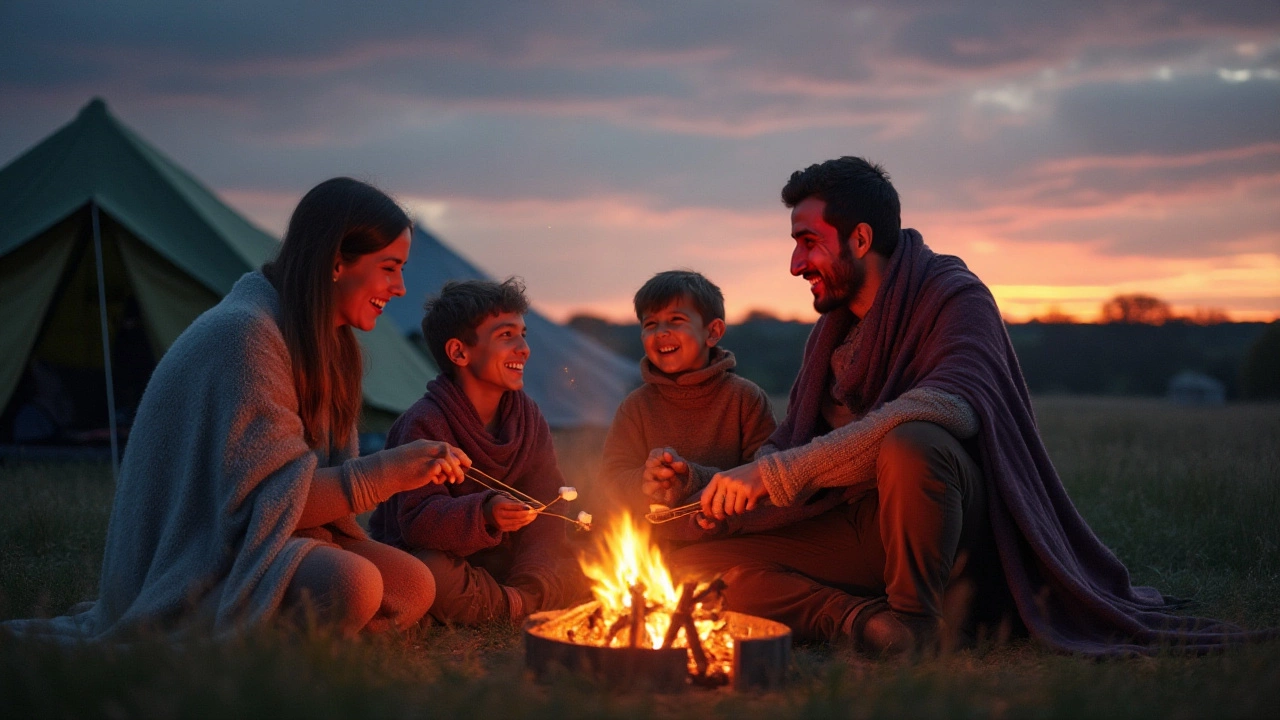Outdoor Limitations: What You Need to Know Before You Camp
Thinking about setting up a tent or parking a motorhome somewhere scenic? Before you head out, make sure you know the rules that could stop you in your tracks. From UK beach bylaws to public‑park restrictions, the limitations are often simple but easy to miss.
Common Legal Limits
In the UK, wild camping is technically illegal in most areas unless you have explicit permission. The Scottish Outdoor Access Code is the exception – there you can camp responsibly on most land. In England, Wales and Northern Ireland you’ll usually need to stick to designated campsites or get landowner consent.
Beach camping has its own set of bylaws. Many local councils enforce fines if you pitch a tent on a popular shoreline without a permit. Some beaches, especially in coastal towns, allow night‑time camping only during low season or for a few hours. The rules differ from place to place, so a quick check on the council website can save you a ticket.
Public parks are another hotspot for confusion. You can often sit on a bench or have a picnic, but setting up a tent is usually prohibited. Some larger parks have dedicated areas for overnight stays, but they’re clearly marked. Ignoring the signs can lead to a fine or an unwanted removal by park rangers.
When you’re travelling in a motorhome, remember that many campsites charge extra for electricity hookups, waste disposal, or even for staying longer than a set number of nights. Pull‑behind campers can be cheaper, but you still need to follow the site’s rules about where you can park and how long you can stay.
Practical Workarounds
If you love the freedom of wild camping, focus on Scotland or seek out private landowners who welcome campers. Websites like Pitchup.com list landowners who have opened their property for a small fee.
For beach lovers, look for “designated camping zones” that many coastal towns set up during the summer. They often provide basic facilities and give you a legal spot to enjoy the sand and surf.
In urban areas, consider “car camping” in a safe, well‑lit car park that allows overnight stays. It’s not the same as a tent, but it keeps you close to the city’s attractions without breaking any rules.
Always carry a copy of the local bylaws or a quick link on your phone. If you’re unsure, ask a ranger or a local shop – most people are happy to point you in the right direction.
Final tip: respect the environment. Pack out everything you bring in, keep noise down, and avoid lighting large fires unless the site specifically permits them. When you follow the limits, you’ll have a smoother trip and a cleaner outdoors for everyone.
Exploring the Drawbacks of Family Campsites: A Practical Guide
Camping with family can be a memorable adventure, but it's not without its challenges. From the lack of modern conveniences to unpredictable weather, several factors can dampen the experience. Understanding these disadvantages can help in better preparation and setting realistic expectations. This article explores common campsite issues and offers tips to enhance your family camping journey.
